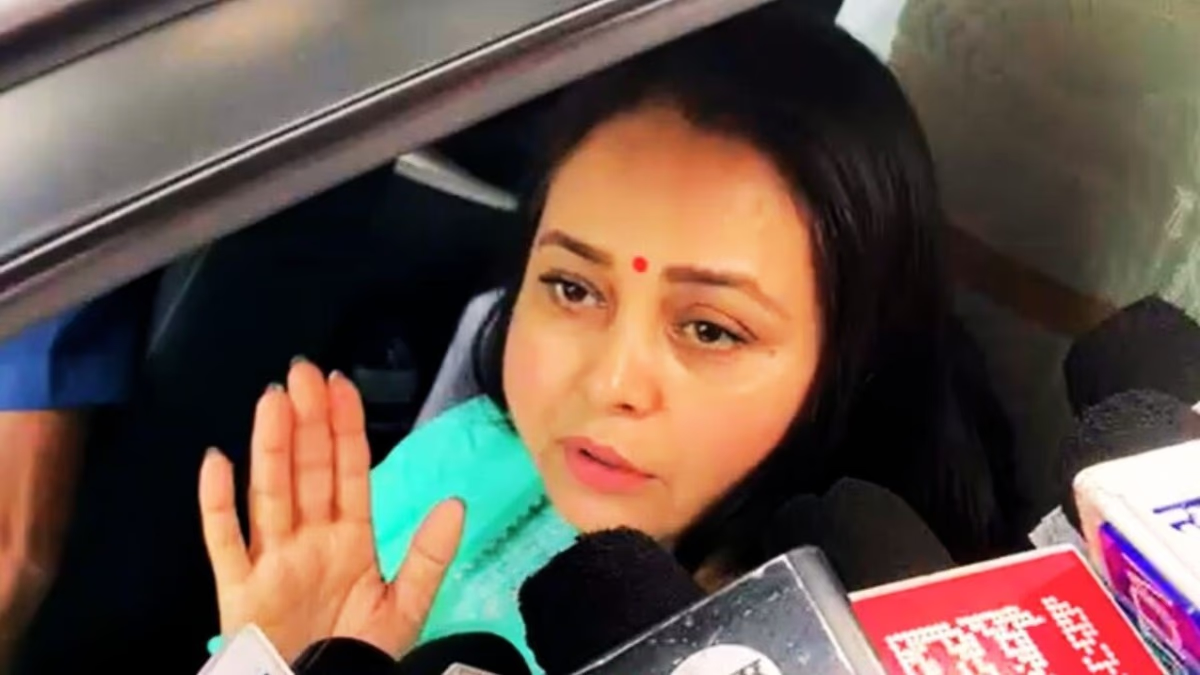November 10 was a dark day for the nation's capital, Delhi. A car driving near the Red Fort suddenly exploded around 7 PM, with the force so immense that vehicles and people nearby were thrown into the air. This tragic blast near the bustling Chandni Chowk resulted in the death of 10 people and left many others severely injured.
In swift response to the explosion, local police and investigation agencies activated immediately, only to discover that the explosion occurred in an old white i20 car. The primary challenge for them was identifying the car's registered owner. The investigation led them to a number plate registered in Haryana (HR 26 CE 7674). As they delved deeper, the mystery only thickened.
Reports indicate that the car had been bought and sold multiple times through fake documents. Locating the current owner of this i20 proved to be a daunting task, taking investigators several days. This incident once again highlighted the outdated RC (Registration Certificate) transfer system in India, which is lagging behind on the ground despite being modernized on paper.
The investigation revealed glaring inefficiencies in the RC transfer system for used vehicles in India. Dealers across the nation have long grappled with this issue. Discrepancies in registration transfer procedures among different states exacerbate the problem, with some transfers happening in weeks while others take months.
Despite the central government's efforts to digitalize and streamline processes via the VAHAN system, delays, especially in inter-state RC transfers, persist. Consequently, sellers are often stuck with legal liabilities for traffic fines, accidents, or potential misuse of vehicles they no longer possess.
A
notes that in 2013, the Ministry of Road Transport launched the Authorized Dealer of Registered Vehicles (ADRV) framework to address this issue. The aim was for dealers to become the “deemed owner” as soon as a vehicle is handed over, alleviating the original owner of responsibility until the RC transfer completes.
However, the implementation speed of this policy is problematic. Out of an estimated 30,000-40,000 used car dealers nationwide, only about 1,500 are registered as ADRVs, and many states haven't started the process. Consequently, the framework remains incomplete, and confusion persists among dealers.
Used car industry stakeholders argue that the problem extends beyond RC delays, necessitating a complete system overhaul. Companies like CARS24, handling large-scale transactions, proactively follow up on RC transfers with RTOs and offer policies like “seller protection” to safeguard clients from legal issues during document delays.
However, industry experts insist that private measures cannot replace government reforms. CARS24's spokesperson stated, “India's used car market has expanded rapidly, but regulation and state-level digitization haven't kept pace. The deemed-ownership model is a step forward, but effectiveness depends on universal state adoption.”
Enforce a 30–45 day time frame for RC transfer completion.
Implement the ADRV framework uniformly nationwide.
Establish a real-time digital record of vehicle handovers.
Create a national dashboard connecting RTOs, police, and authorized dealers.
Dealers believe implementing these measures will not only secure used vehicle transactions but also address major flaws faced by investigative agencies in such incidents.
While the blast served as a stark reminder of a significant threat to security agencies, it more importantly held up a mirror to our administrative systems, underscoring that the outdated paper trail of used cars can no longer be tolerated in a rapidly evolving India.




